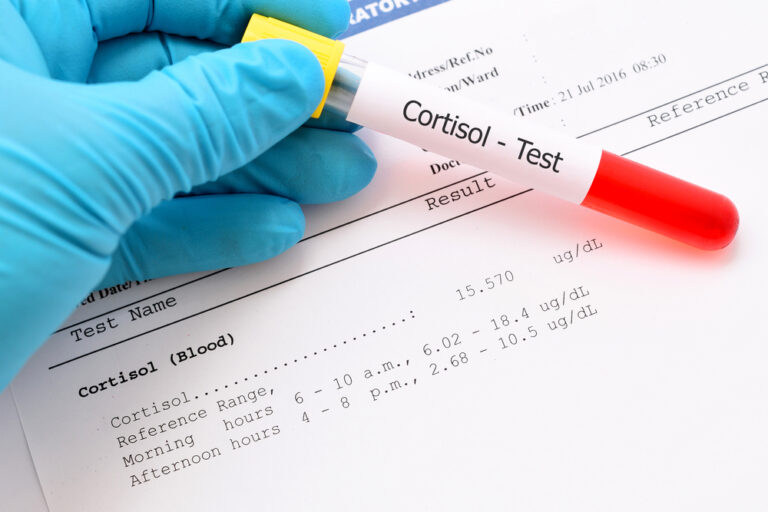Let’s face it, bowel movements aren’t anybody’s favorite topic. Nonetheless, our bowel movements hold valuable clues to our overall health. But these signs are often ignored until it’s too late!
Understanding what’s normal for you and paying attention to changes can provide insight into your digestive health, nutrient absorption, and even indicate potential issues like inflammation or food sensitivities.
Functional testing, such as stool analysis or gut microbiome testing, can offer deeper insights into your digestive system’s function, allowing for targeted interventions to optimize your health. By tuning into these signals and leveraging functional testing when needed, you can take proactive steps to support your gut health and overall well-being. So, let’s dive into this often overlooked aspect of health and uncover how paying attention to your bowel movements, along with functional testing, can lead to a happier, healthier you!
Bowel Movements: A Reflection Of Your Health
The appearance and smell of your poop is a direct reflection of your overall health and any inflammation your gut is experiencing, as your digestive system connects intricately with your nervous system and detox pathways. Changes in your bowel habits can indicate changes in other parts of your body – from excess stress, to liver problems, to even cancers.
The good news is that we don’t have to go into great detail describing the various types of bowel movements and what they signify. There’s already a chart that shows various problems and what to look for called the Bristol Stool Chart after the hospital that developed it in 1997.
What The Bristol Stool Chart Looks At
- Smell
- Color
- Frequency
- Ease
- Completion
- Red flags
To summarize the Bristol Stool Chart, your stools should be a daily event, well-formed, medium brown, and not too smelly. If you see blood or mucus, or if you feel that anything about your stool and digestion doesn’t seem ideal, you should talk to your healthcare practitioner to address or rule out any issues requiring medical help.
Functional Testing: Diving Deeper into Bowel Health
One of the best ways to assess your bowel health is through functional testing. Functional stool analysis examines various aspects of your stool, including its consistency, color, and presence of certain compounds like fat or blood. This analysis can uncover issues such as malabsorption, inflammation, or imbalances in gut bacteria, offering valuable insights into your digestive system’s function.
Similarly, gut microbiome testing analyzes the composition of bacteria in your gut, known as the microbiome. By assessing the diversity and abundance of different bacterial species, this testing can identify imbalances that may contribute to digestive problems, inflammation, or even systemic health issues like immune dysfunction or mood disorders.
How to Improve Your Bowel Movements Naturally
If a medical condition has been ruled out, but your still feel that things are not moving quite like they should be, a few simple steps can improve your bowel movements.
-
Pay attention to your diet.
Fiber helps keep things moving by adding some bulk to your stool – think seeds, whole grains, beans, fresh fruits and vegetables. If you’re not used to a high-fiber diet, increase your fiber intake slowly to avoid upsetting your stomach, and always make sure to up your water intake alongside extra fiber. In addition, make sure you’re eating enough healthy fats from sources such as avocados, nuts, and olive oil.
Pay close attention to how particular foods affect your digestion. If you experience diarrhea or constipation, try keeping a diary of what you eat, and the symptoms you experience.
2. Choose medication carefully.
Many medications can cause constipation, so it is important to be aware and adjust your diet accordingly. Avoid laxatives as much as possible, as your body quickly becomes dependent on them, and some evidence links their use to colorectal cancer. Talk with your integrative medical practitioner about natural solutions to constipation caused by medications if diet alone isn’t enough.
3. Stay hydrated.
Aim for 2-3 liters of water a day. It’s particularly important to get adequate water if you’ve recently increased your fiber intake. Not only are our stools 75 percent water, but the bowel muscles need plenty of hydration to work their best.
4. Increase your movement.
Exercise stimulates your digestion. Studies suggest that digestion is better if you exercise regularly and, if possible, at the same time of the day.
In fact, sitting for too long overall can lead to constipation regardless of other exercise, another argument for working at a standing desk for part of the day. And, on a similar note, pay attention to how your body moves. Some yoga poses are designed to assist with digestion.
6. Change positions.
As well, consider the way you sit on the toilet. Over the course of history, toilets themselves are a pretty recent invention. That means that we evolved pooping from a squatting position. Many people find that bringing their feet up onto a stool can help bring them into a squatting position which makes bowel movements easier. Check out the Squatty potty for more info on aids for better positioning.
If you have any concerns or questions about your bowel movements – let’s get you tested! Your stool can be a good indicator that your body has something going on that needs attention. Contact us/me today to dive deeper into your unique health issue and let’s get you regular again!
Sources:



